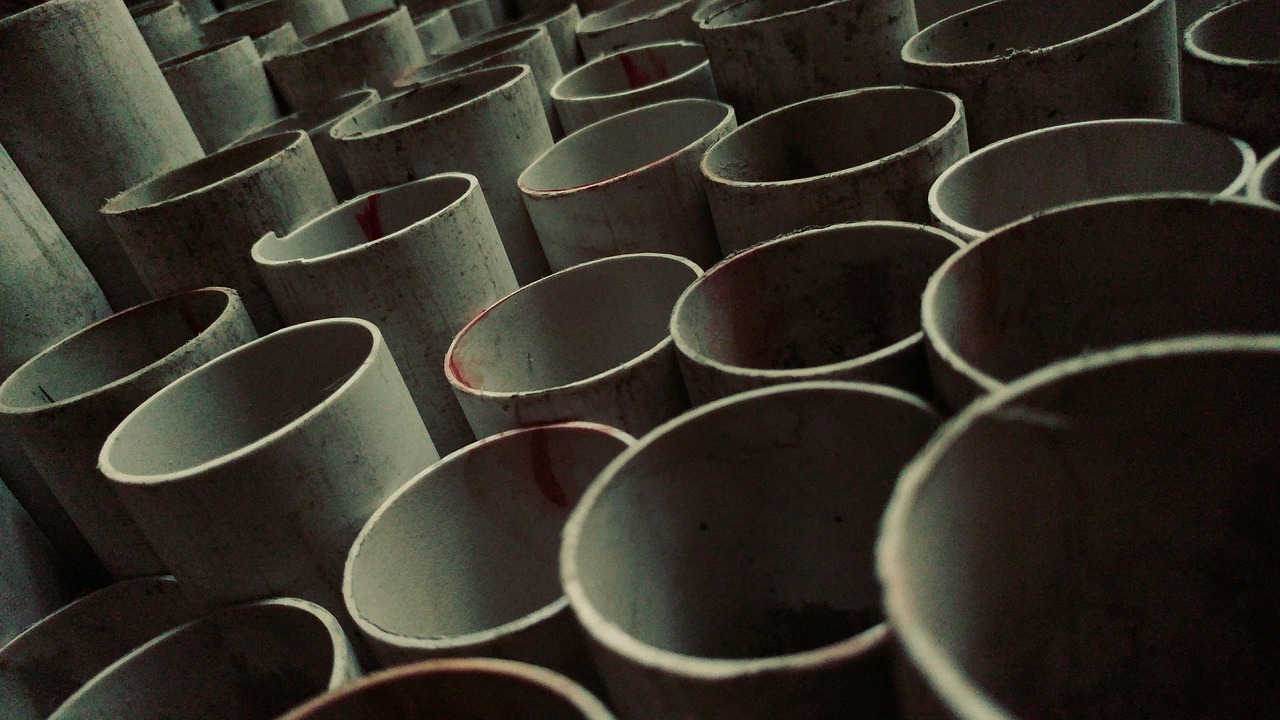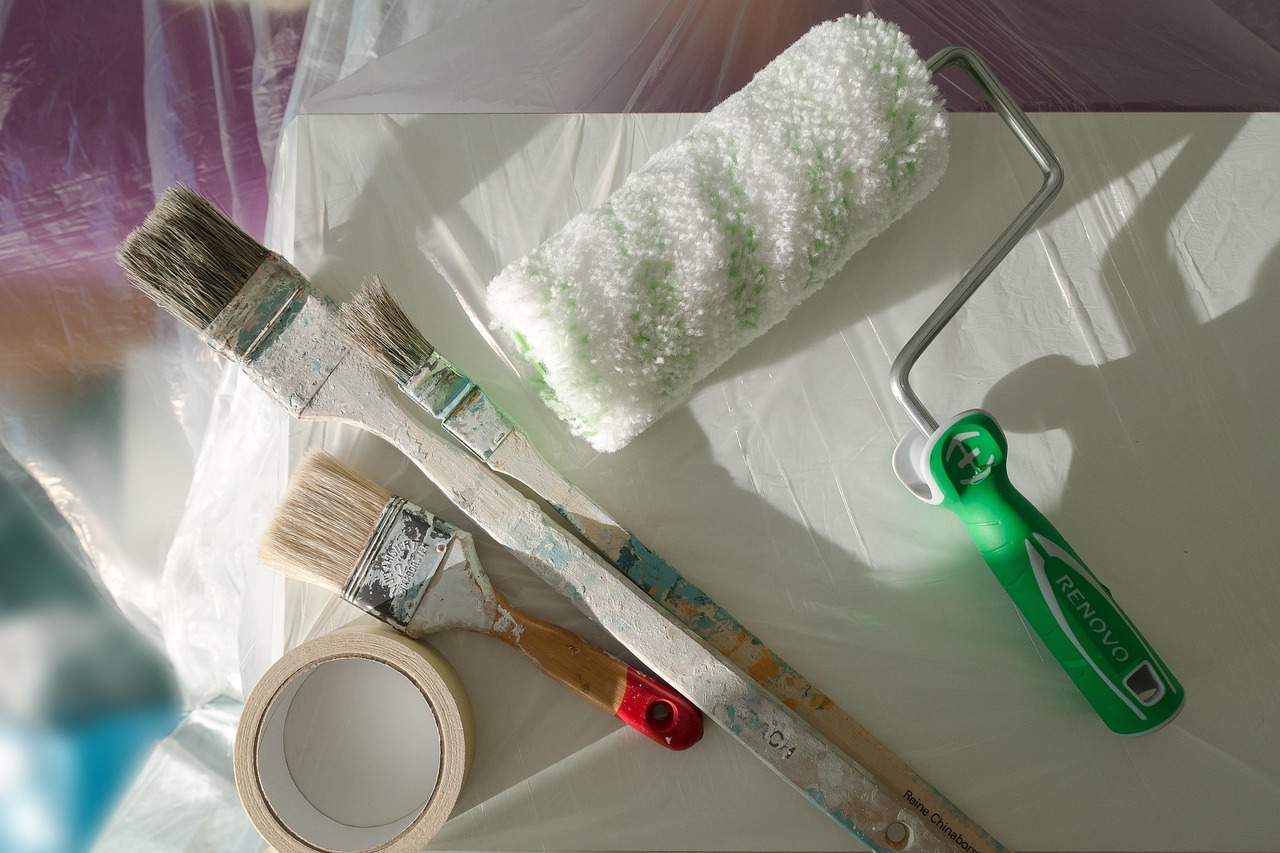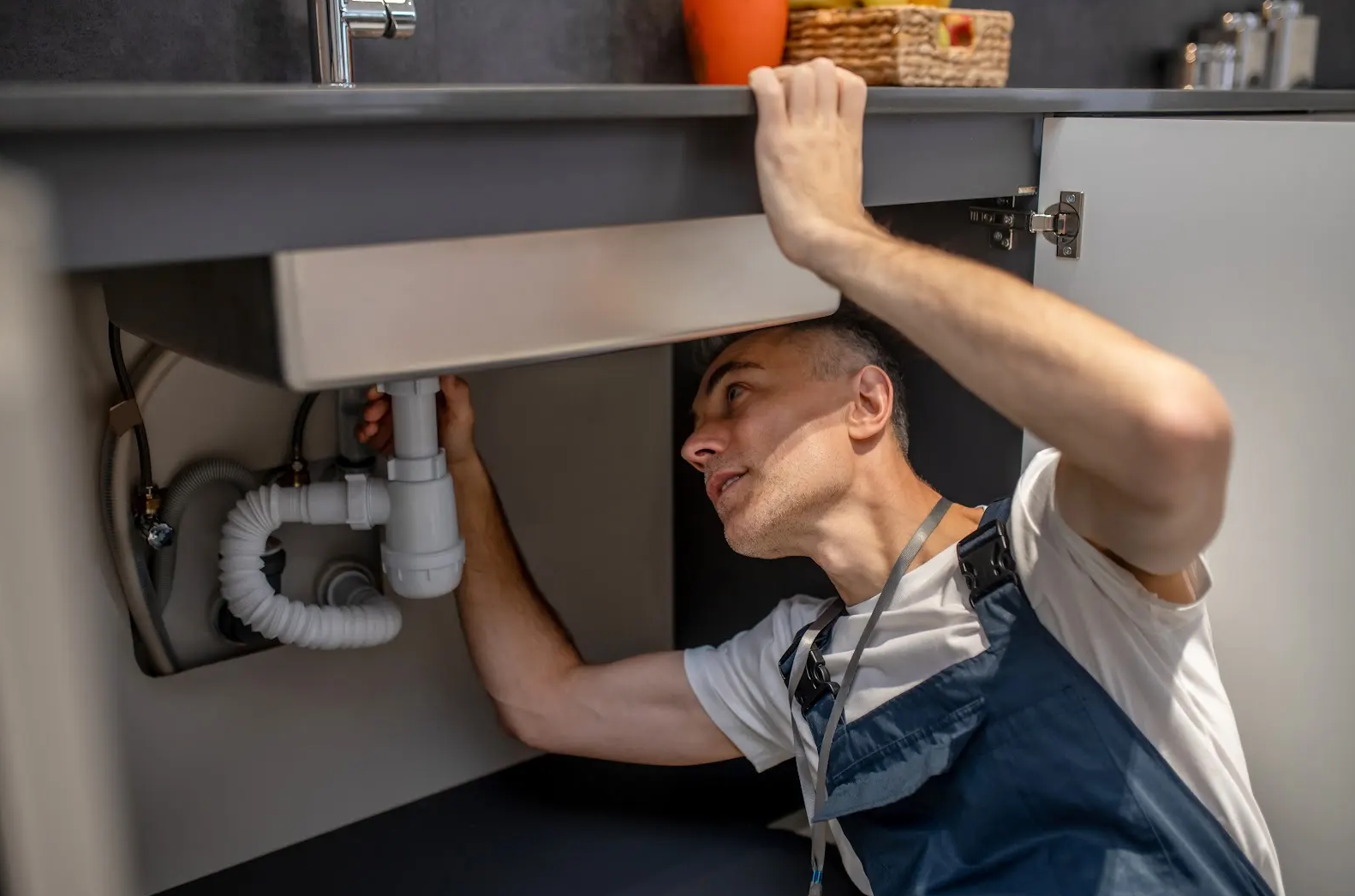When most people plan a renovation, they usually focus on what’s visible – the color of the walls, the new flooring, or stylish furniture. But one of the most important parts of your home is hidden away: the plumbing. Because of the low quality of plumbing you can lose all the progress you achieved in the visible part of renovation. The type of pipes and fittings you choose has a direct impact not only on your comfort but also on how much you’ll spend on future repairs.
In this article, we’ll look at why quality pipes are actually the smarter financial choice, how to spot durable materials, and what to keep in mind when buying plumbing supplies.
The Real Cost of Cheap Materials
At first, it’s tempting to save money by picking cheaper pipes. It feels like a win at the checkout counter, but that decision can backfire pretty quickly. Low-quality materials often lead to:
- Leaks that keep coming back and demand constant fixes.
- Short lifespans, meaning you’ll be replacing the system sooner than you think.
- Hidden damage, like damp walls or floors caused by small, unnoticed leaks.
- Higher water bills because of inefficient or leaky systems.
So while you might save a little at the beginning, the overall costs down the road are usually much higher.
Why Good Pipes Make All the Difference
High-quality pipes are built to handle pressure, temperature swings, and even chemical exposure. Take PVC or PPR pipes, for example — these are designed to last decades without breaking down.
Here’s what you actually get when you invest in quality:
- Longevity – A well-installed system can keep running for 30 to 50 years. Imagine all this time without additional problems with plumbing.
- Peace of mind – Fewer leaks and fewer plumbing emergencies. Of course, everything may happen, but you have way more lower levels of risk.
- Cleaner water – Smooth pipe interiors reduce buildup and blockages. This is where you save money for unexpected repairs.
- Energy savings – Better insulation helps hot water systems work more efficiently.
At the end of the day, pipes aren’t just about moving water from point A to point B. They’re about long-term comfort and stability in your home. Spending a bit more upfront means fewer risks, lower costs over time, and even added value for your property.

Cheap vs. Quality Plumbing: A Quick Look
It’s tempting to go for the cheapest pipes, but that choice can backfire. Here’s a real-world comparison:
Let’s imagine, homeowner A picked the lowest-priced pipes. Five years in, leaks started, mold crept up the walls, and repair bills piled up into the thousands. But homeowner B invested in sturdy PVC pipes and fittings. A decade later, their plumbing’s still rock-solid – no leaks, no extra costs.
The takeaway? Spending a bit more upfront on quality plumbing can save you a ton of money and hassle down the road.
How to Choose Quality Plumbing Supplies
Not all plumbing products are created equal. When you’re buying pipes and fittings, keep an eye on a few important factors:
- Certifications – Look for materials that meet recognized safety and durability standards.
- Material choice – PVC and polypropylene are some of the most reliable options for water systems.
- System compatibility – Pipes and fittings should work seamlessly together.
- Supplier reputation – A trustworthy supplier doesn’t just sell; they provide warranties, advice, and a wide selection of plumbing supplies.
When you choose the right supplier, you’re not only buying durable products – you’re buying confidence that your system will run smoothly for decades.
Budget-Friendly Renovation Tips
You don’t need to break the bank to spruce up your home. With some smart planning, you can save cash and still get great results. Here’s how to keep your renovation, especially plumbing, on track without compromising quality.
First, plan your renovation in advance. This will give you time to track down good deals at local stores and objectively assess the cost of plumbing fixtures. Don’t put it off until the last minute.
Also, don’t count on doing the renovation yourself. It may seem cheaper, but even high-quality pipes will not last if they are installed incorrectly. It is better not to skimp on the services of a specialist, as they often provide a warranty and can service the system after installation.

Consider buying pipes not from a mass market retailer, but from specialized suppliers who deal exclusively in this area. They often have a consultant on staff who has practical experience and can help you make the right choice.
In short, a successful renovation comes down to balance. Plan ahead, pick quality plumbing supplies, and you’ll have a reliable system that lasts without draining your wallet.
Wrapping It Up
When it comes to plumbing, quality is worth every penny. It may seem that cheaper pipes will last a couple of years, and then you will have more money and will be able to replace them. But any pressure drop will lead to an emergency situation, water can damage your renovation, and you will have to urgently redo both the plumbing and the finishing work. Agree that this will be much more expensive and unpleasant. Spend a little more time now to avoid much more trouble in the future.

